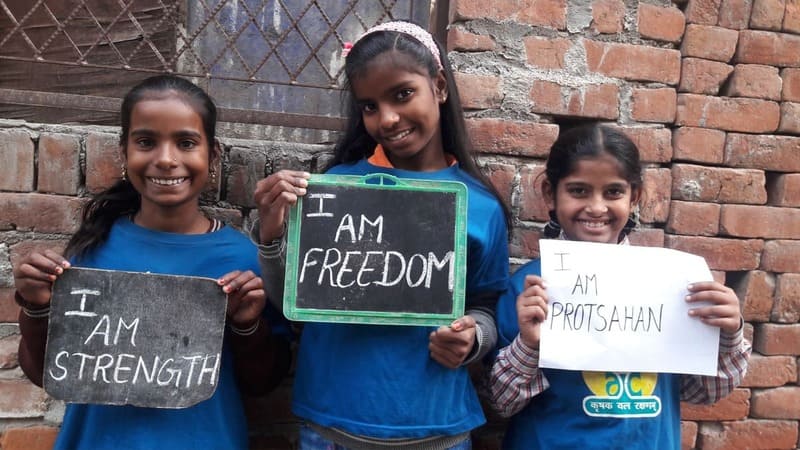Upskilling Underprivileged Children & Youth in India: 5 Programmes Making Real Change
Related Articles
Vaibhav Sooryavanshi Opts Out of Class 10 Board Exams for IPL 2026
Vaibhav Sooryavanshi, a promising 14-year-old cricketer from Tajpur, Bihar, has chosen not to attend his Class 10 board examinations this academic year. This decision...
Sreeleela Becomes a Doctor at 24, Balances Film Career and Education
South Indian cinema has witnessed the remarkable achievement of Sreeleela, a rising actress who has successfully completed her MBBS at the age of 24....
Jamiat Ulama-i-Hind Leader Critiques Government’s Mandate on Vande Mataram
Arshad Madani, President of Jamiat Ulama-i-Hind, expressed strong objections on Thursday regarding the Union Government's recent ruling mandating the recitation of all six stanzas...


